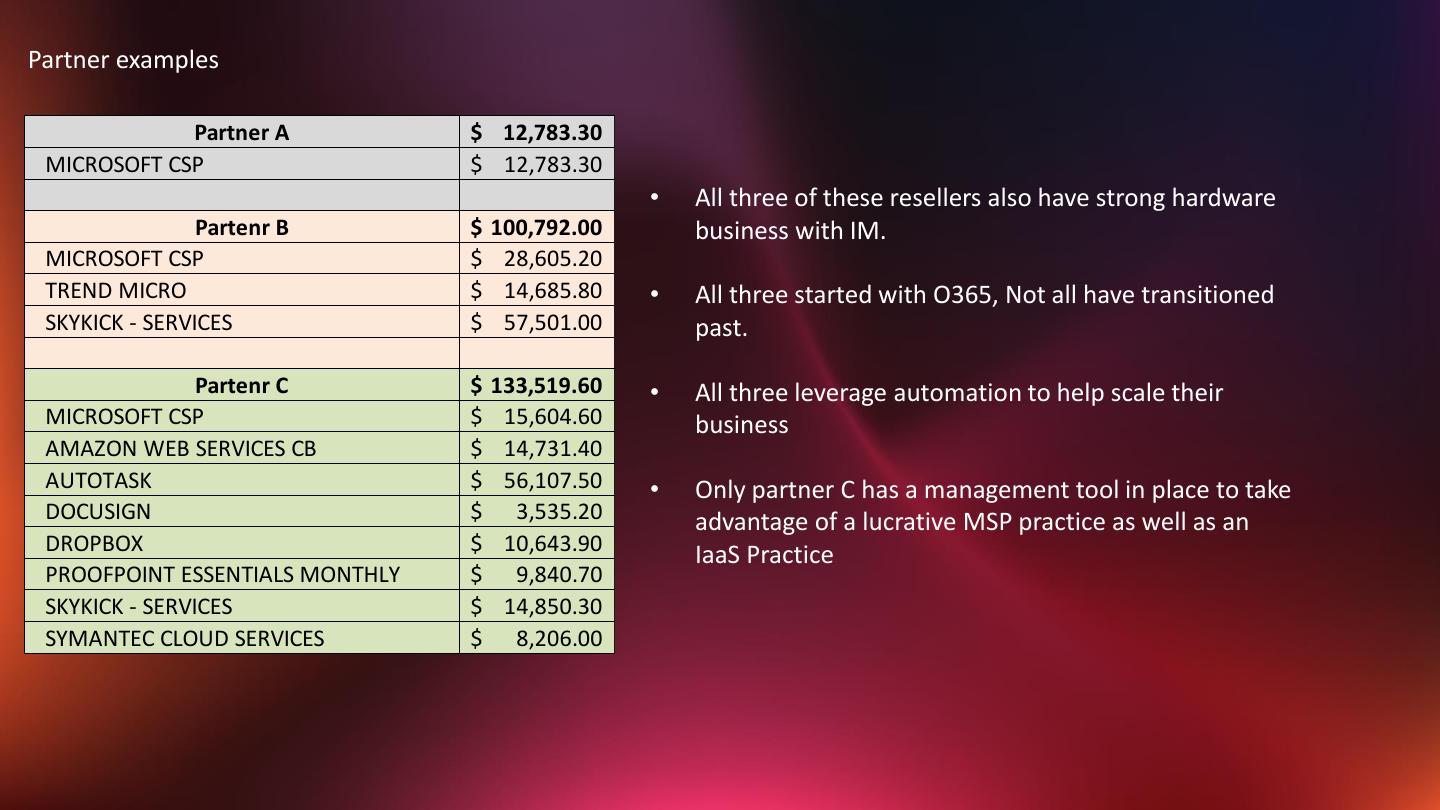Maximizing Your Financial Future: How to Leverage 401k Match and Manage Student Loans Effectively
#### 401k MatchThe term "401k match" refers to an employer's contribution to an employee's 401k retirement savings plan, typically matching a percentage of……
#### 401k Match
The term "401k match" refers to an employer's contribution to an employee's 401k retirement savings plan, typically matching a percentage of the employee's contributions up to a certain limit. This benefit is a powerful tool for building wealth, as it essentially provides "free money" towards your retirement. Understanding how to take full advantage of this match can significantly enhance your financial security in the long run.
When you contribute to your 401k, your employer may offer to match a portion of your contributions. For instance, if your employer matches 50% of your contributions up to 6% of your salary, and you earn $50,000 a year, contributing 6% ($3,000) would yield an additional $1,500 from your employer. This results in a total contribution of $4,500 to your retirement savings for that year.
It’s crucial to maximize this benefit, as it not only boosts your retirement savings but also provides tax advantages. Contributions to a 401k are made pre-tax, which lowers your taxable income for the year. Therefore, if you’re not taking full advantage of your employer’s match, you’re essentially leaving money on the table.
#### Student Loans
On the other hand, student loans are a common financial burden for many graduates. They can weigh heavily on your budget and impact your ability to save for retirement. Managing student loans effectively is essential for maintaining financial health.
There are various strategies to tackle student loans, including income-driven repayment plans, refinancing options, and potential loan forgiveness programs. Understanding the terms of your loans and exploring these options can help you reduce monthly payments and interest rates, making it easier to allocate funds towards your 401k.
Balancing contributions to your 401k while managing student loans can be challenging. However, it’s important to prioritize both. If your employer offers a 401k match, consider contributing enough to receive the full match, even if it means making minimum payments on your student loans initially. The long-term benefits of compound interest on your retirement savings can outweigh the costs of student loan interest.
#### Strategies for Balancing 401k Match and Student Loans

To effectively manage both your 401k and student loans, consider the following strategies:
1. **Budget Wisely**: Create a budget that includes your student loan payments and retirement contributions. This will help you visualize your financial situation and make informed decisions.
2. **Start Small**: If you’re overwhelmed by student loan payments, start by contributing a small percentage to your 401k to secure the employer match. Gradually increase your contribution as you pay down your loans.
3. **Explore Refinancing**: Look into refinancing your student loans to secure a lower interest rate. This can free up more money to contribute to your 401k.

4. **Utilize Windfalls**: If you receive a bonus, tax refund, or any unexpected income, consider allocating a portion towards your 401k and another towards your student loans.
In conclusion, understanding the interplay between your 401k match and student loans is crucial for building a solid financial future. By maximizing your employer's 401k match while effectively managing your student loans, you can position yourself for long-term financial success. Remember, the earlier you start saving for retirement, the more you can benefit from compound interest, making it a priority even in the face of student debt.